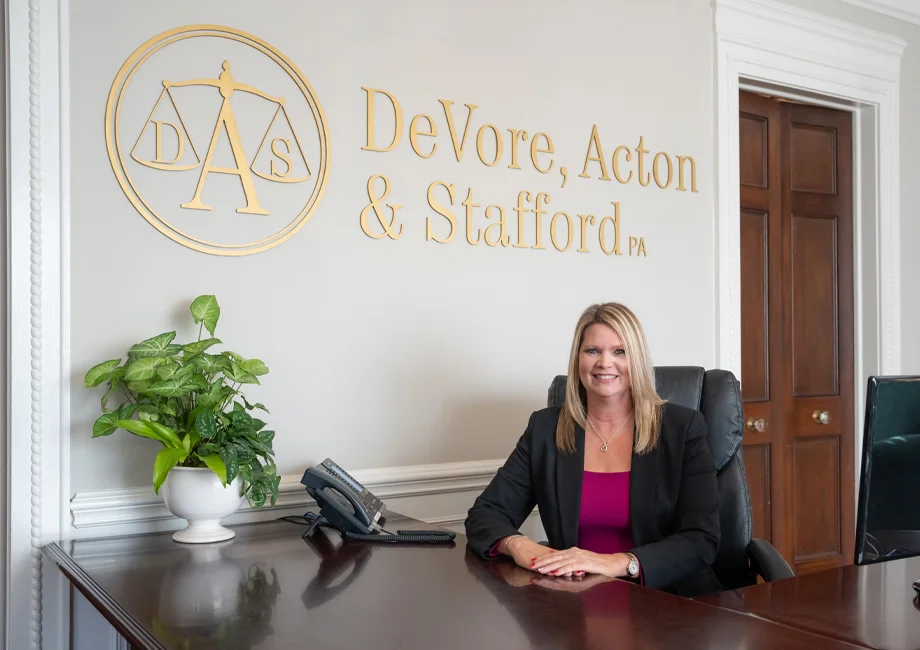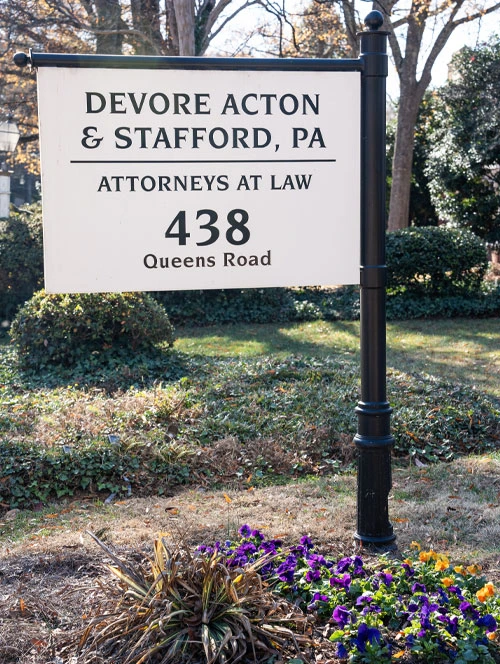NC Supreme Court Issues Decision Underinsured Motorist Coverage
Recent Legal Decisions Regarding Underinsured Drivers
The North Carolina Supreme Court recently issued an opinion that underscores the importance of enlisting counsel for the long haul after a motor vehicle accident. The court considered whether a driver using a substitute vehicle was eligible for coverage under an underinsured and medical payments (UIM) auto insurance policy.
In Martini v. Companion Prop. & Cas. Ins. Co., plaintiff Douglas Martini asserted that the UIM policy he carried on one of his vehicles should have covered his losses after he was seriously injured driving another vehicle that he owned. Martini suffered severe and chronic injuries in January 2005, including a broken neck, after his Mitsubishi Montero was rear ended by another driver, lost control and rolled over several times. He spent weeks in the hospital, underwent surgery and missed six months of work.
The other driver carried only the legal minimum of liability coverage ($30,000), but Martini’s UIM policy on the Toyota Sequoia he normally drove covered losses up to $1,000,000. Martini alleged that he was driving the Mitsubishi because his wife informed him on the morning of the accident that the Sequoia’s brake warning light had come on, and she planned to have it serviced the next day.
Martini received the full amount covered by the other driver’s policy as well as his own policy on the Mitsubishi. He also sought further coverage from defendant Companion Property and Casualty Insurance Company under the “temporary substitute auto” provision of the UIM policy, but his claim was denied.
Taking Legal Action To Compel Full Coverage Under The UIM Policy
Martini sued the insurance company, seeking clarification of coverage under the UIM policy and alleging unfair and deceptive trade practices in the company’s denial. The trial court entered a summary judgment order that Martini was covered under the UIM policy but also summarily denied the insurance bad faith claim, and both parties appealed.
The Court of Appeals of North Carolina affirmed the trial court’s decision regarding the UIM policy, but reversed its summary denial of the insurance bad faith claim. The insurance company further appealed the first issue to the state’s highest court, which held that summary judgment was also inappropriate as to the UIM policy issue.
In essence, summary judgment means that a trial court does not need to resolve factual issues to make a particular decision. In this case, the NC Supreme Court held that “sharply conflicting evidence presented by the parties at the summary judgment hearing presented a genuine issue of material fact as to whether the Toyota was ‘out of service’ on the date of the accident and thus whether the Mitsubishi was a substitute vehicle within the meaning of the policy.”
Six years after the accident that caused him considerable harm, Martini’s case will return to Wake County Superior Court for further proceedings to consider the factual issues and argument that the coverage he purchased in good faith should provide the help he needs.
Personal Injury Lawyers Help Accident Victims Explore All Avenues To Recovery
Motor vehicle accident claims can be resolved in a variety of ways. When the extent of the harm suffered by an injury victim does not exceed the policy limits of a negligent driver’s insurance coverage, the claimant may be able to secure appropriate compensation by firmly negotiating with the insurance company. But as the circumstances become more complex – multiple vehicles (especially trucks and other commercial vehicles), defective automobiles or parts, or hazardous road conditions are good examples – the need for a comprehensive legal strategy increases significantly.
The hallmarks of an experienced personal injury lawyer include an ability to assess complex evidence, investigate the circumstances of the accident, and identify all potentially liable parties as well as the various insurance policies that may cover their harmful actions. Just as important is a trial attorney’s skill at preserving issues for possible appeal, and a willingness to handle a claim through to its legal conclusion.
A lengthy appeals process is sometimes required to fully assert and protect a client’s interests. By consulting with a law firm about such options as contingency fee structures for attorney fees, injury victims can fight for the compensation they deserve without having to pay in advance for their full pursuit of justice.

request your consultation
"*" indicates required fields


